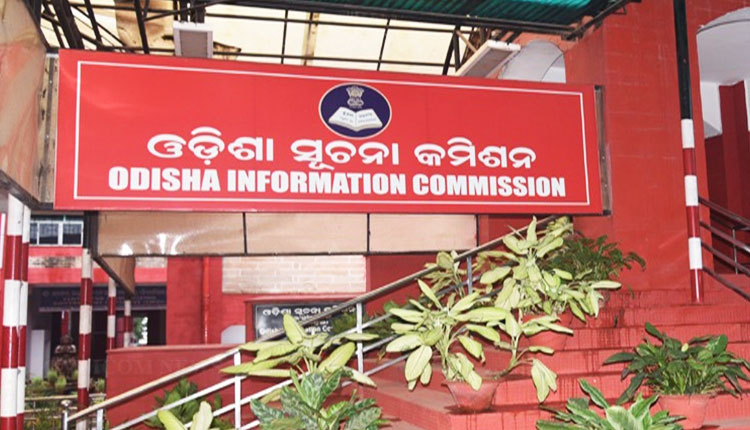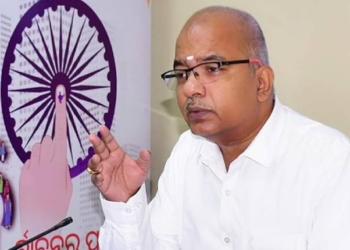Bhubaneswar: In a significant ruling strengthening candidates’ rights, the State Information Commission has directed the Odisha Public Service Commission (OPSC) to reveal interview marks to applicants who were not selected in government recruitment processes.
The ruling follows a long-standing case involving a candidate who was denied access to her interview marks from a 2002 recruitment process.
Chief Information Commissioner Manoj Parida called OPSC’s refusal to share interview marks a violation of the Right to Information (RTI) Act, stating that every candidate has the right to know how they were assessed—especially when they are not selected.
The case began when Minati Rani Mohapatra, a candidate from Bhadrak district, applied for the post of Assistant Teacher (History) in 2002. Although selection was based on both career marks and interview marks, her name was not included in the final list published by OPSC in June of that year. When she sought details through an RTI application in December 2002, OPSC provided her career marks but refused to disclose her interview scores.
OPSC claimed it had passed a resolution in December 2002 not to disclose interview marks, arguing that interviews assess only personality and communication skills, and that marks were neither recorded nor standardized. Candidates were merely informed whether they were “suitable” or “not suitable,” with no scores or merit lists made public.
“Every candidate particularly the candidates who have failed the test have a right to know as to why they could not succeed. The OPSC cannot keep the candidates in dark. In his order Shri Parida has stated that Section 22 of the RTI Act, 2005 supersedes all other Acts and Rules in providing information to applicants,” the press release read.
The Information Commission has also advised OPSC to change its recruitment procedures to ensure transparency and fairness for all candidates going forward.
“The OPSC has been advised to change its procedure and to provide details regarding marks scored to the candidates,” the press release added.
This is being seen as a landmark decision in favor of aspirants who often feel sidelined by opaque recruitment practices.
















